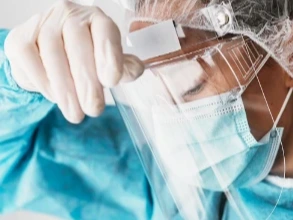On 11 March 2020, the World Health Organization declared COVID-19 a global pandemic, and the disease now affects nearly every country and region. Caused by SARS-CoV-2, COVID-19 continues nearly 18 months later to present significant challenges to health systems and public health in both hemispheres, as well as the economies of every country. The morbidity and mortality of the infection caused by SARS-CoV-2 has been significant, and various waves of disease outbreaks initially overwhelmed many hospitals and clinics and continue to do so in many countries. This influences everyone, and public health countermeasures have been dramatic in terms of their impact on employment, social systems, and mental health. This entry collection aims to gather diverse fields about COVID-19, including in epidemiology, public health, medicine, genetics, systems biology, informatics, data science, engineering, sociology, anthropology, nursing, environmental studies, statistics, and psychology.
- 874
- 30 Jan 2023
- 933
- 20 Jan 2023
- 1.2K
- 19 Jan 2023
- 1.2K
- 28 Jan 2023
- 1.6K
- 19 Jan 2023
- 1.3K
- 17 Jan 2023
- 1.2K
- 17 Jan 2023
- 997
- 13 Jan 2023
- 1.1K
- 13 Jan 2023
- 960
- 13 Jan 2023

